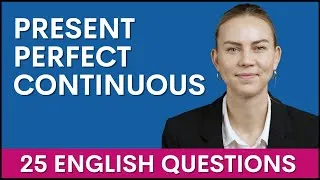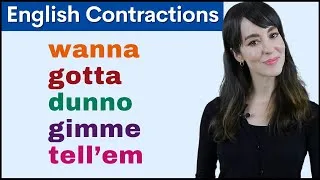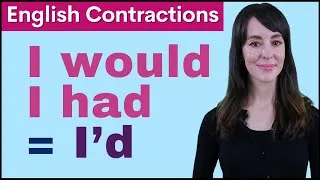Learn Past Perfect Continuous Tense | Basic English Grammar Course
129,743 views ・ 2020-08-01
Sila klik dua kali pada sari kata Inggeris di bawah untuk memainkan video.
New videos
Original video on YouTube.com
Laman web ini akan memperkenalkan anda kepada video YouTube yang berguna untuk belajar bahasa Inggeris. Anda akan melihat pelajaran Bahasa Inggeris yang diajar oleh guru terkemuka dari seluruh dunia. Klik dua kali pada sari kata bahasa Inggeris yang dipaparkan pada setiap halaman video untuk memainkan video dari sana. Sari kata tatal selari dengan main balik video. Jika anda mempunyai sebarang komen atau permintaan, sila hubungi kami menggunakan borang hubungan ini.







